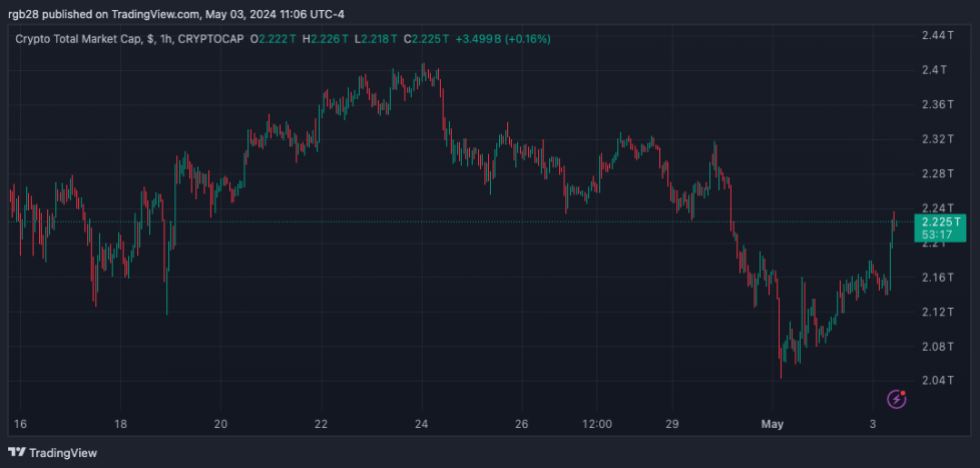About two weeks ago, the crypto space faced another alleged rug pull. This time, the gambling platform and blockchain casino ZKasino was at the center of the accusations, with many investors claiming their money was gone.
Despite the allegations, ZKasino continued to post X updates before disappearing from the public eye with investors’ money. The most recent development shows that a suspect was arrested in the Netherlands by the Dutch authorities, and over $12 million was seized in the process.
Suspected Crypto Scammer Arrested
The Fiscal Information and Investigation Service of the Netherlands (FIOD) revealed on Wednesday that a 26-year-old man had been arrested earlier this week for the ZKasino rug pull.
Per the press release, the Dutch authorities started investigating the $33 million crypto gambling platform’s scam on April 25. The criminal investigation began with the online reports of the crypto community and information from the intelligence departments of the FIOD.
Staff from Binance’s Financial Crime Compliance team aided the FIOD during the investigation, helping “secure millions of euros in cryptocurrencies.” Similarly, the Office of the Public Prosecutor helped the investigation team contact the members of the ZKasino Team.
On April 29, the FIOD arrested a man suspected of “fraud, embezzlement and money laundering.” The suspect’s detention was extended to fourteen days for “investigative purposes” after being brought before a magistrate.
As part of the investigation, the authorities searched the suspect’s house and confiscated around €11.4 million, worth around $12.25 million, in different assets. FIOD seized real estate, luxury cars, and various cryptocurrencies.
Dutch authorities don’t rule out further arrests as the involved scammers’ cooperation will be required to recover and return the victim’s stolen money.
ZKasino, A Scam From The Beginning?
As reported by Bitcoinist, the crypto gambling platform scam rumors started in March when decentralized exchange (DEX) ZigZag made serious accusations against the project. Per the rivaling crypto exchange, ZKasino had failed to pay developers and other contractors who helped build the platform.
Moreover, ZigZag claimed that the fundraising and the project’s valuation were likely fake. The post added that the previously announced $40 million ecosystem wasn’t real and would likely never be paid out in real currency.
Despite the alarms ringing, trust in the crypto project did not completely crumble until April 20. Users began reporting suspicious activity after the website started to show changes.
One X user pointed out that, previously, the “How does the Brid-To-Earn?” section of the platform stated that the bridged Ethereum would be returned to investors when the chain and its native token, ZKAS, were live. However, this portion of the text was allegedly deleted.
Where is our ETH ? pic.twitter.com/fV3d5iFbq4
— Noé G (@0xNoe) April 20, 2024
It’s worth noting that ZKasino led investors to believe they would get their investments back within 30 days. The team had promised the ability to withdraw their bridged Ethereum 1:1. Instead, users found their funds were locked in ZKAS with a 15-month vesting period.
Concerns grew after the bridge became inaccessible after the chain went live. The team later claimed it was “down for maintenance and will be re-worked in conjunction with this launch.”
The project’s X account continued to post updates until April 24, when it announced that the Bridge was live again. Despite users’ complaints about the stolen funds, the post added that users could “transfer your $ZKAS from the ZKasino chain to Ethereum and likewise.”
After this final post and the lack of addressing the situation, users confirmed their suspicion they had been rugged. FIOD’s investigation pointed out that ZKasino’s promises were never meant to be kept as the smart contract’s setup suggests the fund’s “return was not intended.”











